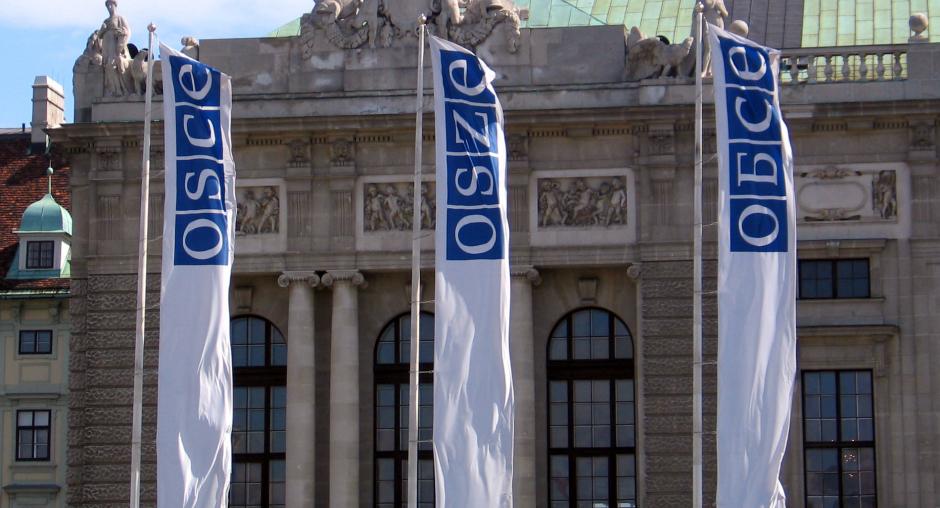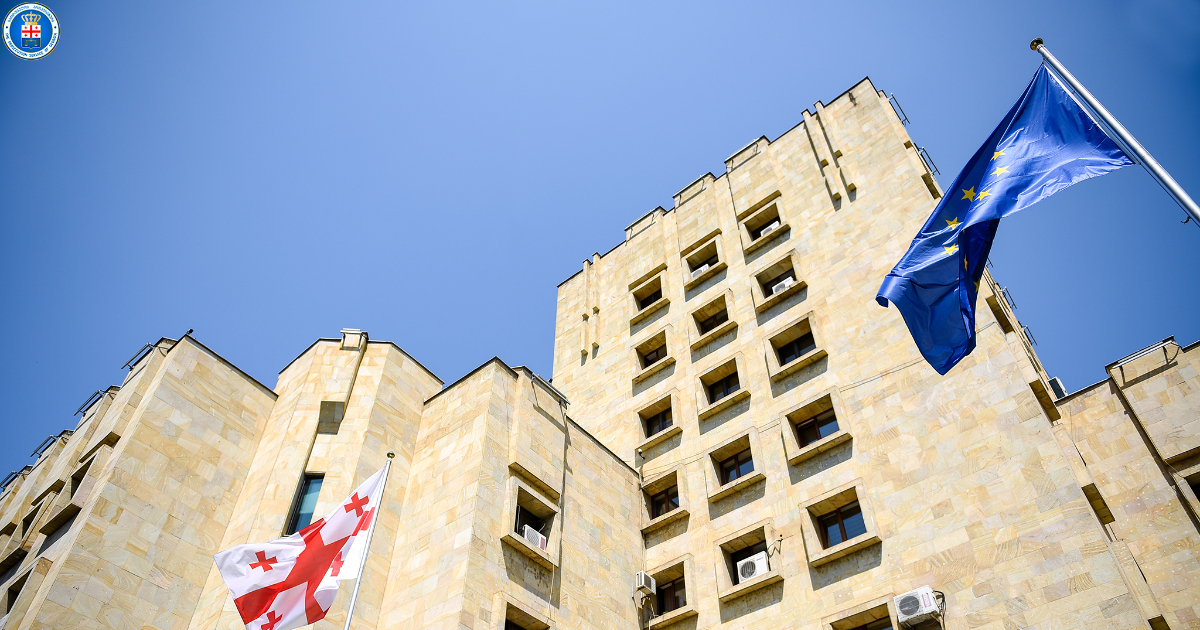OSCE PA condemns Georgia’s foreign influence law as ‘Kremlin-supported’, ‘anti-democratic’

Author
Front News Georgia
The OSCE Parliamentary Assembly has criticised Georgia’s recent law on foreign influence transparency, labelling it as ‘Kremlin-supported’ and ‘anti-democratic.’ The legislation, introduced and passed by Georgia’s ruling Georgian Dream party earlier this year, has sparked concerns in the declaration about its potential to “undermine Georgia’s fragile democracy” and sway public opinion away from Euro-Atlantic integration.
The declaration highlighted the OSCE PA’s worries over the Georgian government’s recent legislative actions, including the adoption of laws “resembling Russian norms” regarding transparency of foreign influence. These measures were feared to curtail human rights and restrict freedoms such as assembly and expression disproportionately. The OSCE PA has urged Georgian authorities to “halt attacks” on civil society, independent media, activists, and lawful protesters, which it perceived as reminiscent of Russian hybrid warfare tactics. Instead, it called for dialogue with Georgian civil society to ease internal polarisation.
Furthermore, the declaration called for the immediate and unconditional withdrawal of Russian military forces from the occupied Georgian regions of Abkhazia and Tskhinvali/South Ossetia, in accordance with the EU-mediated ceasefire agreement of August 12, 2008. It emphasised the importance of sustained engagement, particularly within the Geneva International Discussions framework, to achieve a peaceful resolution to the conflict between Russia and Georgia while respecting Georgia’s independence, sovereignty, and territorial integrity within its internationally recognized borders.
The OSCE PA also condemned the deteriorating humanitarian and human rights situation in Georgia’s occupied regions, citing violations of fundamental freedoms, discrimination against ethnic Georgians, and the destruction of Georgian cultural heritage by Russian authorities pursuing a policy of ‘Russification’.”
Tags:





